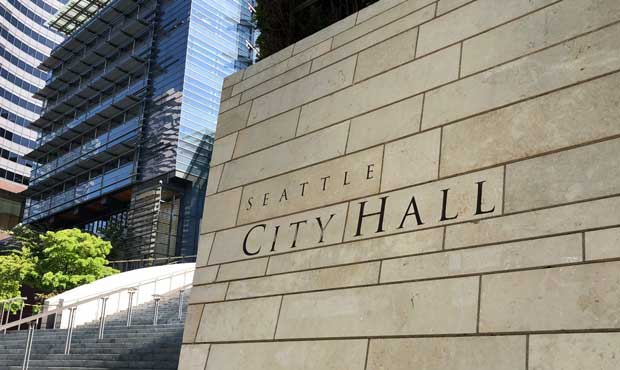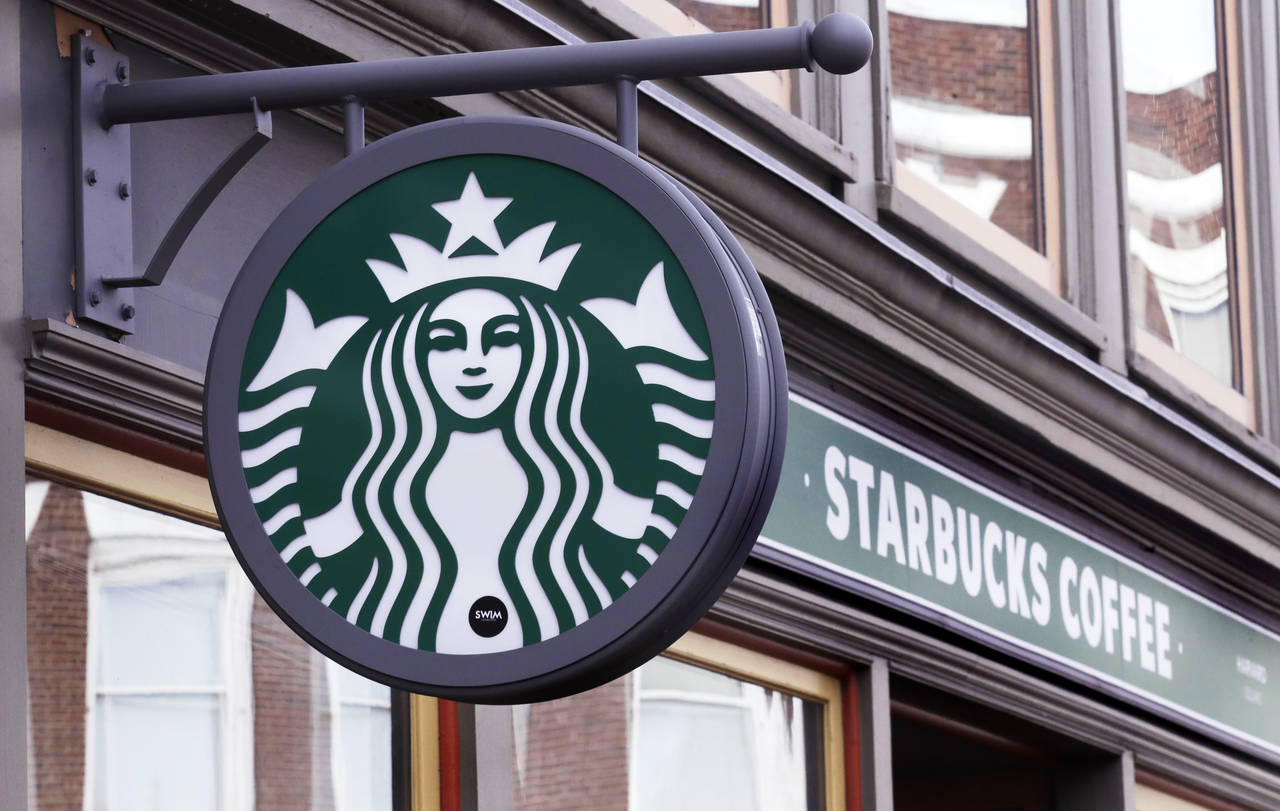Seattle city budget now more than $200 million in the hole
Nov 14, 2022, 4:42 PM | Updated: 5:24 pm

Seattle is facing an $82.3 million revenue shortfall in its 2023-2024 budget, according to the city’s Revenue and Forecast Council’s November Report. (File image)
(File image)
Seattle is facing an $82.3 million revenue shortfall in its 2023-2024 budget, according to the city’s Revenue and Forecast Council’s November Report.
This amount, alongside the original $141 million general-fund deficit the city faces, means certain infrastructure projects and programs will go unfunded over the next few years, according to the Seattle City Council.
“There is future uncertainty due to rising inflation and global,” Seattle City Councilmember Teresa Mosqueda said at the most recent city council meeting. “All of this is compounding an already heightened level of hardship and stress in our community for working families. And despite this uncertainty, and looming hardship, this is a package that we are releasing today.”
Mosqueda also operates as the Chair of the Budgeting Committee, making it her responsibility to issue a proposal for the city’s budget.
Before Mosqueda revealed the additional $82.3 million shortfall, the city, as announced by Mayor Bruce Harrell back in September, already faced an existing $141 million operating budget deficit in 2023 and $152 million deficit in 2024.
Seattle Mayor Bruce Harrell introduces $7.4 billion biennial budget
Mosqueda revealed in her budget package the drop in the city’s budget directly correlates with the Real Estate Excise Tax decreasing by $64 million, the Sweetened Beverage Tax decreasing by $4.5 million over the past two years, and the General Fund being down by $9.4 million.
“There weren’t easy answers in this year’s budget, but there were core values to start from: Transparency and accountability, investing in key and core city services for our working families and small businesses, preventing cliffs in services, and avoiding austerity to ensure a resilient economy,” said Mosqueda.
Through two public hearings, eight public meetings, and more than 100 proposed amendments from councilmembers, Seattle City Council has narrowed the budget’s focus to five points: The city’s domestic violence, homelessness, and food security providers; Equitable Development Initiative projects; Green New Deal investments; school-based health centers; and affordable housing.
“We worked in partnership with King County Regional Homelessness Authority (KCRHA) to ensure that emergency shelter and services were invested in. Together, we closed the $9.4 million flip that could have impacted 20 programs across 12 agencies due to a budgetary error,” Mosqueda said. “We closed that gap and we fixed that issue so that there would be no reduction austerity or cuts to the swamp organizations [who are] providing critical services to folks who are unsheltered.”
Included in the budget is a $253 million proposal for affordable housing – a more than $50 million increase over the last budget for building rental housing, more supportive services, and first-time ownership opportunities, according to the Office of Housing.
The housing budget reflects a 400% increase over the past six years, as the city’s investments into affordable housing went from roughly $52 million in 2016, to around $200 million in 2022, to now $253 million.
Regional Homelessness Authority seeks 75% budget bump
The $50 million increase is due to JumpStart, a payroll tax that applies to Seattle companies with payrolls above $7 million.
In the budget is an $18 million proposal for increased health centers in schools, including a new $3 million investment in mental health services in response to the demand for more mental health providers by students impacted by gun violence, according to Mosqueda.
“In the wake of the shooting at our high school, and the call for additional investments in mental health counselors, this budget invests in ongoing investments in violence reduction, as well as mental health counselors will be used as we seek as a city to help respond to the students demand for additional investment and safety,” Mosqueda said.
The Revenue and Forecast Council expects the city’s budget issues to be short-lived, with recovery expected to start by mid-2023. The council forecasts the city will not return to current city-wide employment levels until 2025.













